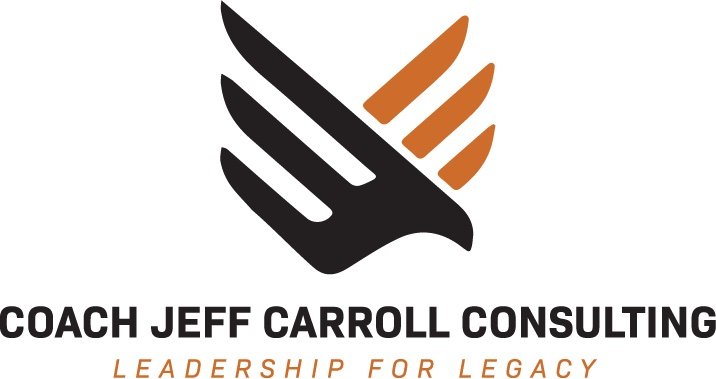How Do You Make Difficult Decisions?
We all have to make difficult decisions in life. Whether it is contemplating a new opportunity, or a decision to leave a relationship, decisions are part of what makes life challenging, but also exciting. Sometimes, though, the fear of making the decision can stop us in our tracks, causing us to miss a deadline, pass up an opportunity, or stay in a relationship that is unhealthy. The good news is that there is a solution that can help to get us “unstuck” when it comes to difficult decisions, and it is a 3-part Decision Making Process that I have utilized as these questions have come up over my years of coaching.
The Decision Making Process
The decision making process involves asking yourself the following questions in light of a difficult decision:
Will this help me on my way, or get in my way?
The first question is the foundation for envisioning what your future could look like after making a decision. For example, if you are considering leaving your job for a new opportunity, then you must ask yourself, “3 months from now, how am I going to feel about this decision? Will it help me on my way, or get in my way?” To answer this question, you must have an idea of your future goals or in other words, have a vision for your life. If your goal, for instance, is to spend more time with your family, then you must ask yourself if leaving your job will help you on the way to more family time, or if it will get in the way of family time. Think about the big picture and consider how the decision will impact you 3 months, 6 months, and then 12 months down the road.
Will I be better off with this decision, or without this decision?
This question builds on the first, but forces you to go deeper. Let's say that this new job opportunity affords you more family time, but is a massive pay cut. You now have to consider if you and your family will be better off with less money, but more of you at home. Again, think about your future goals and ask the question in light of those future plans, “3 months from now, how will I be better if I make this decision?” If the answer is that you wouldn’t be better off, then you know that you probably should not make the decision. If, however, you realize that you would be better, then you can move on to the third question.
Will this decision do more for me or more to me?
By the time you’ve reached this question, you may have already discovered that the decision will help you on your way and will leave you better off, but this question once again forces you to consider at a deeper level the impact of your decision. So, if leaving your job will help you on your way toward your goals to spend more time with your family, and will leave you better off even with a pay cut, you now should consider what it will do for you. Play the movie forward once again and ask yourself, “In 3 months, will this decision do more for me or do more to me?” Will the decision cause you more stress because you are making less money, or will you have more to offer your loved ones even with less pay? In 6 months time, will you thrive not only in your personal life, but in your professional life? This third question could be the determining factor in making the final call on your decision.
Dealing With the Aftermath
Of course, these questions are not meant to predict with 100% accuracy the outcome of any decision; we know that is impossible. However, these questions will get you moving on some potentially important decisions that could impact your life. Regardless of whether the decision ultimately ends in a positive or negative result, we have to deal with the aftermath. We cannot control what happens, but we can control our response to what happens. There are two things we all need in life: structure and support. You have the structure to deal with the decision by asking the questions above, but in the aftermath, you need support. Support from a trusted friend or a coach gives you the perspective that you need to walk in whatever happens as the result of that decision. Maybe the decision did not end up working out as you had hoped; support from others gives you the energy that you need to reevaluate and try again. Maybe the decision is working out; support from others provides the celebration that you need to get excited about the next steps. Either way, support is essential.
Next Steps
Do you have a big decision to make soon? Regardless of the scope of this decision, whether it could result in major life changes or minor ones, try the questions above by engaging in some serious reflection. You can access my Decision Making Process worksheet below. Once you fill out the worksheet, share it with a friend or coach and have them offer you perspective as you reflect on the questions. If you don’t have a trusted friend or individual to help you with making these major life decisions, then schedule a call with me today to discuss coaching options for you. You won’t regret that decision.
